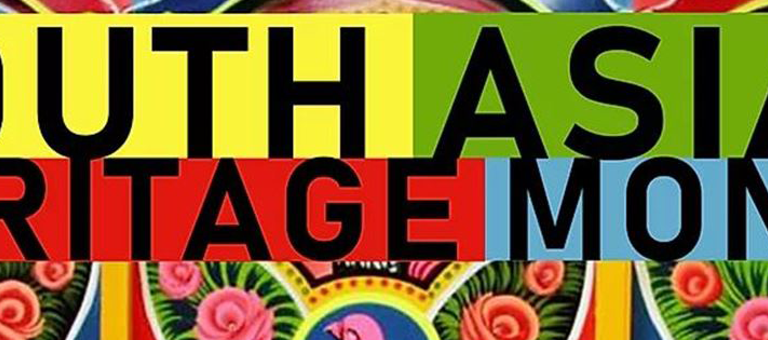
What it means to be Indo-Caribbean growing up in Britain
18 August 2020
"Where is Guyana?”
"Why are you brown?"
"Wow, your family sound Jamaican!".
“Indians in the Caribbean?!”
Growing up in Britain, it was unusual to meet someone else of Indo-Guyanese ethnicity. My origins always sparked confusion that lead to curiosity. Twenty years later, it still shocks me that there is such a lack of awareness around the South Asian diaspora, a piece of history that is equally British as much as it is Indian and West Indian.
After the abolition of slavery in 1838 with the passing of the Emancipation Act, the British Empire needed a substitute workforce for its colonies. Turning to India as a place of labour led to the creation of the Indian Indenture System, a system of bonded labour, which lasted till the 1920s. This system transformed the lives of more than two million Indians as they journeyed from India to one of 19 British colonies including Fiji, Mauritius, Ceylon, Trinidad, Guyana, Malaysia, Uganda, Kenya and South Africa. My ancestors, facing challenging situations in their home country India, were sold the dream of a better life through indentureship. Did they really know what they were signing up for? Many women who signed up for this expedition were considered to be of the lowest class, ranging from widows and prostitutes to runaway wives. Unaware that they would be leaving their motherland for good, they sailed for four months from Calcutta to British Guiana to work on the plantations. When they arrived, they quickly realised the reality was a far cry from the dream they had been sold. My family today still live in the Demerara-Mahaica region of Guyana where very little of our South Asian identity remains.
In search for employment, we migrated to London in the late 80s, bringing our vibrant culture along. My immigrant home is full of Indo-Guyanese heritage - memoirs of ‘back home’, displayed as paintings on the walls, B4U movies on TV, the smell of chunkay-ing dhal (spices being tempered) and the house filled with the sounds of Chutney Soca. I was confident in my Indian roots until I recognised that my ‘Indian’ culture was simply a result of a century-long displacement; a beautiful mix of Indian and Caribbean cultures.
I used to believe the diaspora created a hole in my identity, but I am learning to change the narrative of my heritage, and celebrate it as a fusion of cultures, understanding the history and accepting that some details of my family tree will always be a mystery.
South Asian Heritage Month (SAHM) is celebrated for the first time this year. We aim to raise awareness of British South Asian history, and to raise the profile of our arts, culture and heritage. More specifically SAHM aims to:
-
educate on British South Asian history, touching on the South Asian diaspora,
-
celebrate culture, and
-
create a platform for people to discuss challenging topics within the community e.g. colourism, LGBTQ+, racism, mental health, gender equality, and marriage.
Personally, I love learning about people. Hearing the works of South Asians writers, their personal anecdotes and opinions have been my favourite by far. SAHM has given me a greater breadth of knowledge around South Asian people and heritage - definitely more than what I knew before!
Here are a few of my favourite resources that I can recommend to anyone who wants to learn more about South Asian history and the importance of SAHM celebrations:
-
All about SAHM on the Mayor of London’s website
-
One hundred years since servitude - The legacy of Indian migration to European, an Economist article from 2017
-
A map illustrating major South Asian migration flows and an introduction to the indenture system on Striking Women
-
A personal account of Gaiutra Bahadur’s family history in Coolie Women: The Odyssey of Indenture
Click here for more information about Baringa’s approach to diversity and inclusion.
Is digital and AI delivering what your business needs?
Digital and AI can solve your toughest challenges and elevate your business performance. But success isn’t always straightforward. Where can you unlock opportunity? And what does it take to set the foundation for lasting success?